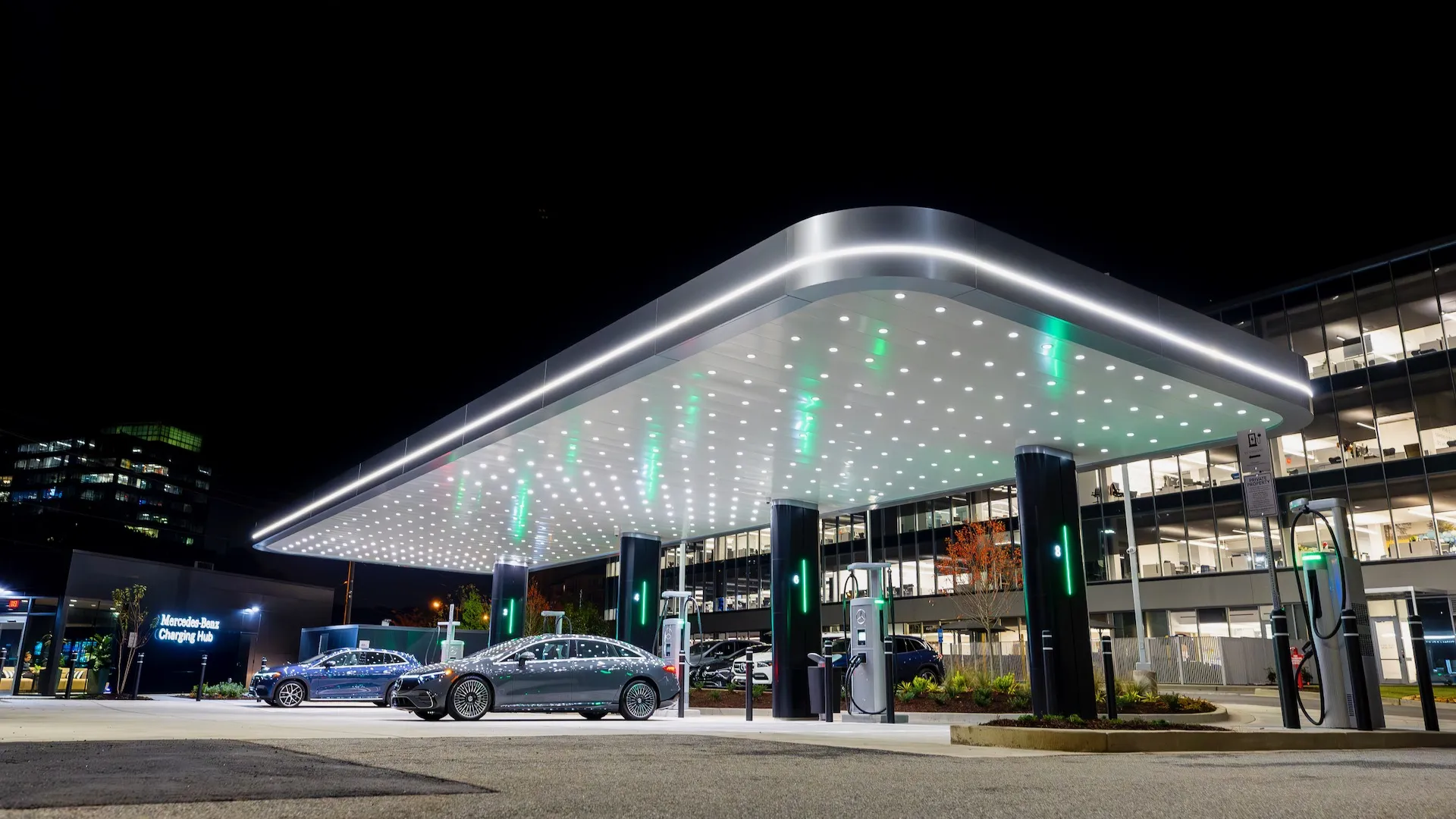
As electric vehicles (EVs) zip into the mainstream, charging infrastructure becomes a key topic for prospective EV owners. The surge in electric vehicle ads, from star-studded productions to Super Bowl debuts, hints at a growing national trend.
With the Inflation Reduction Act sweetening the deal with tax credits up to $7,500, many Americans are considering the switch. However, the burning question remains: How long does it take to charge an electric car?
Understanding the charging dynamics begins with knowing the types of electric vehicles. Battery Electric Vehicles (BEVs) and Plug-In Hybrid Electric Vehicles (PHEVs) are the ones that can be charged externally. Charging speed varies across three levels: Level 1, commonly found in residential outlets; Level 2, used at home, workplaces, or public stations; and Direct Current Fast Charging (DCFC), the speediest, often seen at highway corridor stations.
DCFC can charge an EV battery up to 80% in a quick 20 minutes to an hour. However, drivers are advised to continue their journey once the battery hits 80% as the charging slows down to prevent damage. Level 1 charging takes about 40-50 hours for BEVs and 5-6 hours for PHEVs from empty to full. Level 2 equipment, more common, takes 4-10 hours for BEVs and 1-2 hours for PHEVs.
When it comes to cost, the math is straightforward. The average U.S. household pays about 16 cents per kWh, according to the United States Energy Information Administration. Considering a conservative estimate of an electric car getting 3 to 4 miles per kWh, drivers can estimate their monthly charging costs. For instance, driving about 1,124 miles per month (a typical American’s monthly average), an EV would use around 375 kWh. At 16 cents per kWh, home charging would cost nearly $60 per month.
While these charging times and costs offer a glimpse into the EV experience, they also highlight the need for widespread charging infrastructure development to ease concerns for potential EV adopters. As the electric revolution accelerates, staying informed about charging options and costs becomes crucial for anyone contemplating a switch to electric wheels.









